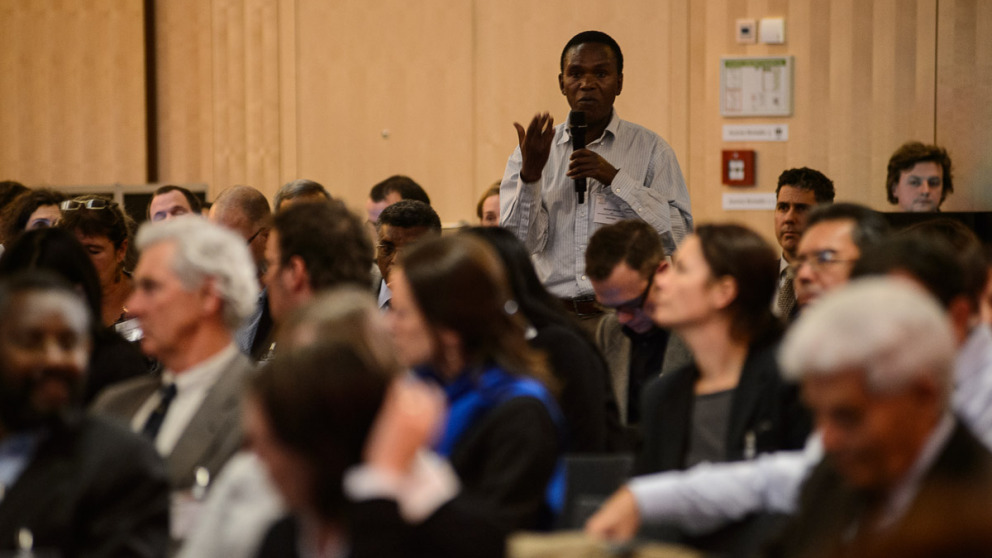Headline:
A Sustainable Future for Soil Management and Land Governance: Call for Contributions to the 3rd Global Soil Week

Our current use of soil and land threatens the viability of ecosystems and livelihoods. The year 2015 offers tremendous opportunities to address these challenges: the United Nations General Assembly has declared 2015 the International Year of Soils, and the parties to the United Nations Framework Convention on Climate Change will gather in Paris to craft a global agreement on mitigating climate change. Negotiations on the Post-2015 Development Agenda and the Sustainable Development Goals (SDGs) will also be in full swing. All of these events are a special opportunity to raise awareness about the important role of soils and land for sustainable development.
Trends such as increasing consumption patterns, inequitable resource distribution, population growth, and urbanisation contribute to the unsustainable use of soil, a finite resource. Soil degradation is the result. The trade-offs of land use competition are intensifying, while fertile soil is becoming increasingly scarce. If we are serious about furthering the development goals of eradicating world poverty and hunger, constraining the further deterioration of ecosystems, and responding to global threats such as climate change, it is vital that we deal with the issues of soil degradation and inequitable access to land.
In order to address these challenges, the IASS Global Soil Forum will host the 3rd Global Soil Week from 19 to 23 April 2015 in Berlin, an event where all stakeholders are invited to join forces to foster sustainable soil management and responsible land governance on a global, regional and local level. The call for contributions is now open until 28 September 2014. Applicants are invited to share their story, experiences, and research. Contributions from people with a non-academic background are encouraged.
The 2nd Global Soil Week in 2013 attracted over 450 participants from 71 countries. Policy-makers, scientists from different disciplines, stakeholders from civil society organisations, students, farmers, artists, as well as representatives of international organisations and industry converged to explore strategies aimed at ensuring the sustainable management of our soils and land.
Link:
- Registration and submission of contributions on the website http://globalsoilweek.org/gsw2015_call/
Photo: © Piero Chiussi/IASS
